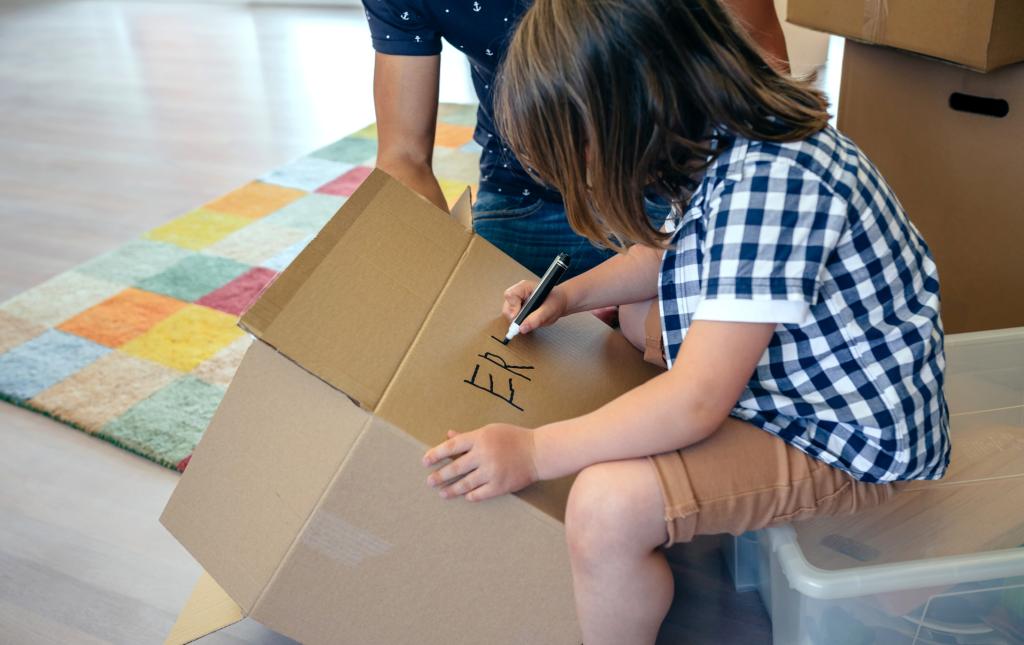
Judgment was handed down in the case of Re K and P (children – child arrangements order and specific issue order number 2) [2025] EWFC 111 earlier this year in a case considering potential relocation of children, K and P, to a country termed Country A. The case involved a mother who was a national of country A and the father, an English national. They were in a relationship between 2007 and separated in 2015.
There was an application made by the mother for a child arrangements order following the parties separating and at the same time, she sought permission to relocate with K and P to country A. That application was refused by the Court.
In August 2019, the mother made a new application for permission to relocate but once more, the Court refused to grant permission. This resulted in an agreement being reached between the parents, not to apply for child arrangements order for at least a period one year and the mother was not to renew a request to relocate for a period of three years.
The children were the subject of Local Authority intervention and in October 2022, they were placed on child in need plans. There was ongoing conflict between the parents and the father had made an allegation that K had failed to spend time with him that had been ordered by the Court and the father had also alleged that K had not been attending school. There was an urgent hearing requested by the father that took place in October 2023. The father made reference to concerning behaviour by the children and a concern about a lack of contact with their father.
The Court needed to consider the appropriate living arrangements for the children in circumstances where there was the impact of parental conflict and the Court also once more considered whether the mother should be permitted to relocate with the children to country A. The case considered input from a NYAS worker. At the introduction to the judgment, there is a striking remark made by child P to the NYAS case worker, such comment having been made in November of last year, “it’s just hell and I want it to stop. I really want to go to school but I can’t make myself do it. I just want a fresh start and for mum and dad stop fighting and to be able to go to country A to get away from it all, like K”.
As the introduction to the judgment refers, P, at the time aged 12, made the above statement with reference to her older brother, K, who at the time was aged 15, who had recently gone to live in country A with their older half siblings. Two months prior to the above statement being made by P, K had started school in Country A in September having not gone to school for two years before then. P had perceived that her brother’s life was better and easier than hers and that it was considered “a new start, none of the mum and dad stress”.
The case emphasises the impact upon children of conflict and details of the judgment in full can be found here.
The father had made allegations against the mother that the children were being influenced against him but those allegations were not proven. There were concerns that the father had not prioritised the children’s emotional needs and in the case there was a clear expression by the children for a desire to be heard and have their feelings acknowledged.
In conclusion, the Court ordered that P should remain living her mother, allowing her to facilitate her attendance at school in country A. It was also ordered that P would have the opportunity to see her father roughly once or twice a month and half of the school holidays.
The father had applied for a psychological assessment but that was then withdrawn with the Court emphasising the importance of the children’s welfare being prioritised. It is clear that the case considers parental conflict and the impact upon the children’s emotional wellbeing. Ultimately, the Court will determine what is in the children’s best interests and their welfare is considered paramount in these types of cases. The Court will always look to make an order that meets a child’s welfare needs rather than the competing claims of his or her parents.
There was a balancing exercise with respect to maintaining the parental relationship and the Court felt that it was able to do this and meet the children’s best interests accordingly, despite the competing claims by the father. The Court found that it would not be workable nor in P’s interests to remain living with the father and the judge further remarked that conflict had arisen in almost every aspect of the co-parenting of the children. It is perhaps a sage reminder to the detrimental impact to children by hostility and conflict between the parents and how they sadly do not always readily recognise the harm caused to them by their own demands and competing positions. The court did not dismiss, for example that P and her father had a loving relationship, but viewed the relationship in “peril” and that the way to nurture and sustain it was to give P breathing space.
If you would like to discuss anything mentioned in this article, please contact our Family Law team.
